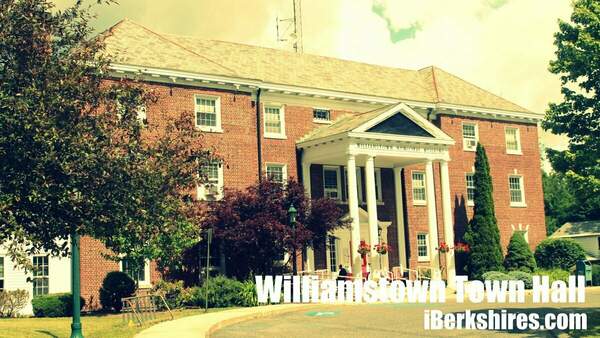Williams College Hosting Oceans Symposium
 |
The goal of this interdisciplinary symposium is to raise awareness about current environmental issues associated with the oceans and its inhabitants and about the challenges associated with human stewardship of the oceans.
The seven lectures in this series will occur on Feb. 17, Feb. 21, Feb. 27, March 6, April 10, April 17, and April 24. The first lecture will take place at 2:30 p.m. in Wege Auditorium, Thompson Chemistry. The remaining lectures will all take place at 7 p.m. in Thompson Biology, Room 112. All events are free and open to the public.
On Friday, Feb. 17, at 2:30 p.m., Catherine Robinson Hall, professor in the Williams-Mystic Program, will present the first lecture of the series. Her talk is titled "Disaster-Driven Ocean Policy in the United States: Gulf Oil Spill Not Big Enough?"
The second lecture, scheduled for Tuesday, Feb. 21, at 7 p.m., is titled "Boulder Ideas: Storm Waves Can Move Megagravel on Cliff Tops of the Aran Islands, Ireland." Professor of geosciences Ronadh Cox will deliver the lecture.
On Monday, Feb. 27, at 7 p.m., Elizabeth Kolbert, staff writer at The New Yorker, will lead a discussion following a showing of the film A Sea Change, Imagine a World without Fish.
Scott Doney, professor in marine chemistry and geochemistry at Woods Hole Oceanographic Institution, will present a talk on Tuesday, March 6, at 7 p.m., titled "Rising Atmospheric Carbon Dioxide and Ocean Acidification."
On Tuesday, April 10, at 7 p.m., Christine Walley, associate professor of anthropology at the Massachusetts Institute of Technology, will give a lecture titled "Rethinking People and Parks (Once Again): Reflections on Ocean Environments from Tanzania's Mafia Island Marine Park."
D.G. Webster, assistant professor of environmental studies at Dartmouth College, will present a talk on Tuesday, April 17, at 7 p.m., titled "Bluewater Thresholds: Understanding the Resilience of Global Fisheries Governance."
The final lecture in the series will take place on Tuesday, April 24, at 7 p.m. James Carlton, professor of biology and director of the Williams-Mystic Program, will deliver a lecture titled "Invasions in the Sea: The History, Science, and Policy of Adding Species to Marine Communities."















